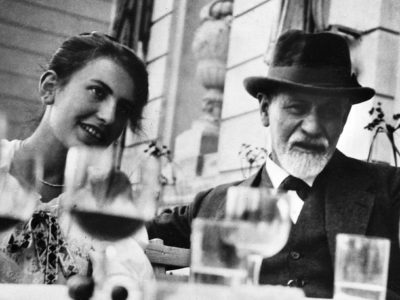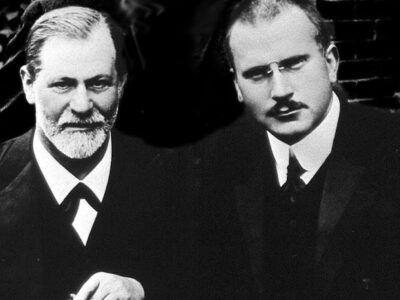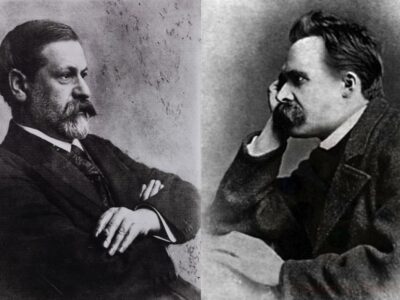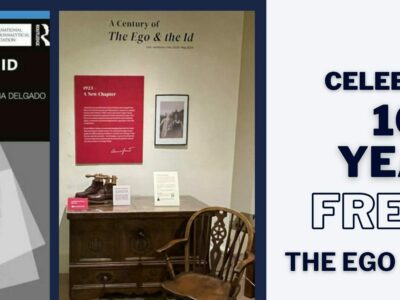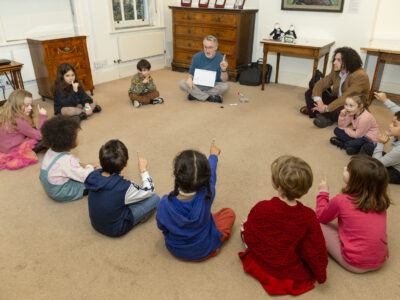
- This event has passed.
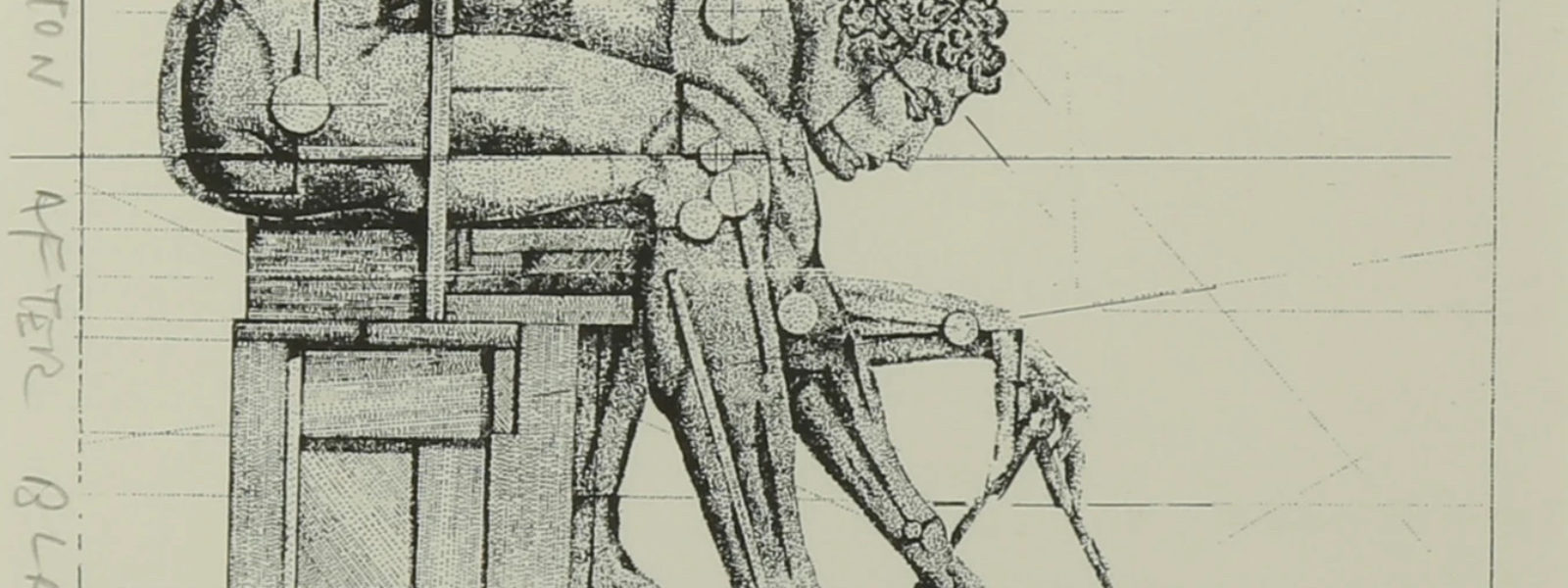
This course took place over two days: 28-29 April 2022
Registrants will have 1 month from the date of booking to watch the recording back in their own time. Please check your confirmation email for your access and course material.
Approx length of course: 6 hours
__
Psychoanalysis has its roots in the Enlightenment – a cultural movement based on belief in the possibility of progress through reason, which grew out of the seventeenth century scientific revolution – and in the Romantic reaction against the Enlightenment, emphasising the importance of feeling and the irrational in human life, which began to gain momentum in the second half eighteenth century. This course will focus on three philosophers who were central in articulating the Enlightenment vision, in bringing it to its highest expression, and in pointing forward to the Romantic revolt against to it. We will trace their continuing influence on psychoanalysis today and explore the way psychoanalysis itself arose from a fusion of the Enlightenment tradition of rationality and science with the deep human insight of Romanticism.
Session 1: A central figure in the birth of the Enlightenment, Rene Descartes was the mathematician and scientist who created modern Western philosophy by making individual consciousness the foundation of knowledge, and by establishing an absolute distinction between mind and body. We will explore Descartes’ ‘Meditations on First Philosophy’ (1640), tracing the importance of his ideas in initiating modern theories of the nature of consciousness. We will also review the latest thinking on the relation of the mind and brain emerging from the findings of contemporary neuroscience, and examine the debate over the relationship between neuroscience and psychoanalysis.
Session 2: Descartes set the thinkers who followed him two fundamental philosophical problems: that of the relationship between mind and body, and that of explaining how we can be sure that the ideas in our consciousness truly correspond to reality outside it. The thinker who proposed the most radical solution to the ‘mind-body’ problem was Baruch Spinoza, and his radical re-thinking of the foundations of Descartes’ philosophy profoundly influenced the Romantics, and fascinated Goethe, Hegel and Nietzsche. We will study Spinoza’s non-dualist understanding of the mind-body relationship, and explore his theories of freedom and the passions – demonstrating why he has often been called ‘the philosopher of psychoanalysis’.
Session 3: At the end of the eighteenth century, Immanuel Kant proposed a radical solution to the second problem bequeathed by Descartes – namely, of how we can be certain that what we experience in consciousness truly represents reality as it is outside us. Kant’s solution was based on a completely new understanding of the nature of human knowledge – premised on the radically new idea that the mind is active in the process of knowing – which he described as his ‘Copernican revolution’ in philosophy – and this theory was to underpin the notion of the dynamic unconscious, the foundation stone of psychoanalysis. We will study Kant’s new analysis of the dual nature of the human mind (conscious and unconscious), and explore his relation to Rousseau and Goethe, examining their role as the direct pre-cursors of psychoanalysis.
Session 4: In the final session we follow the vicissitudes of the Enlightenment vision and the Romantic reaction against it over the course of the nineteenth century, and see how psychoanalysis emerged at the beginning of the twentieth century as a unique synthesis of these two previously opposed and incompatible cultures.
____________________
MEMBERS
Click ‘Book now’ followed by the link ‘Enter promo code’. Enter your Members‘ discount code to receive a 20% discount on the standard price. NB: The discount code can be found in your most recent Friends of the Freud Museum email.
